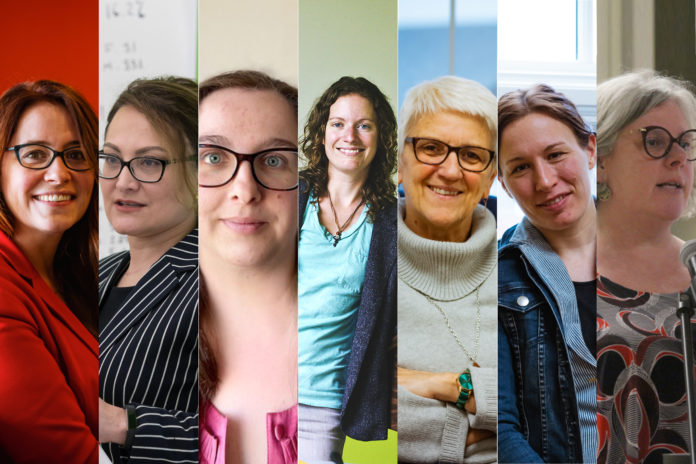This is part three of a four-part series for Women’s History Month highlighting women in leadership roles at St. Thomas University. This week is about professors in social sciences. Next week will highlight staff members. Check out part two of this series about humanities professors here.
Karla O’Regan (she/her)
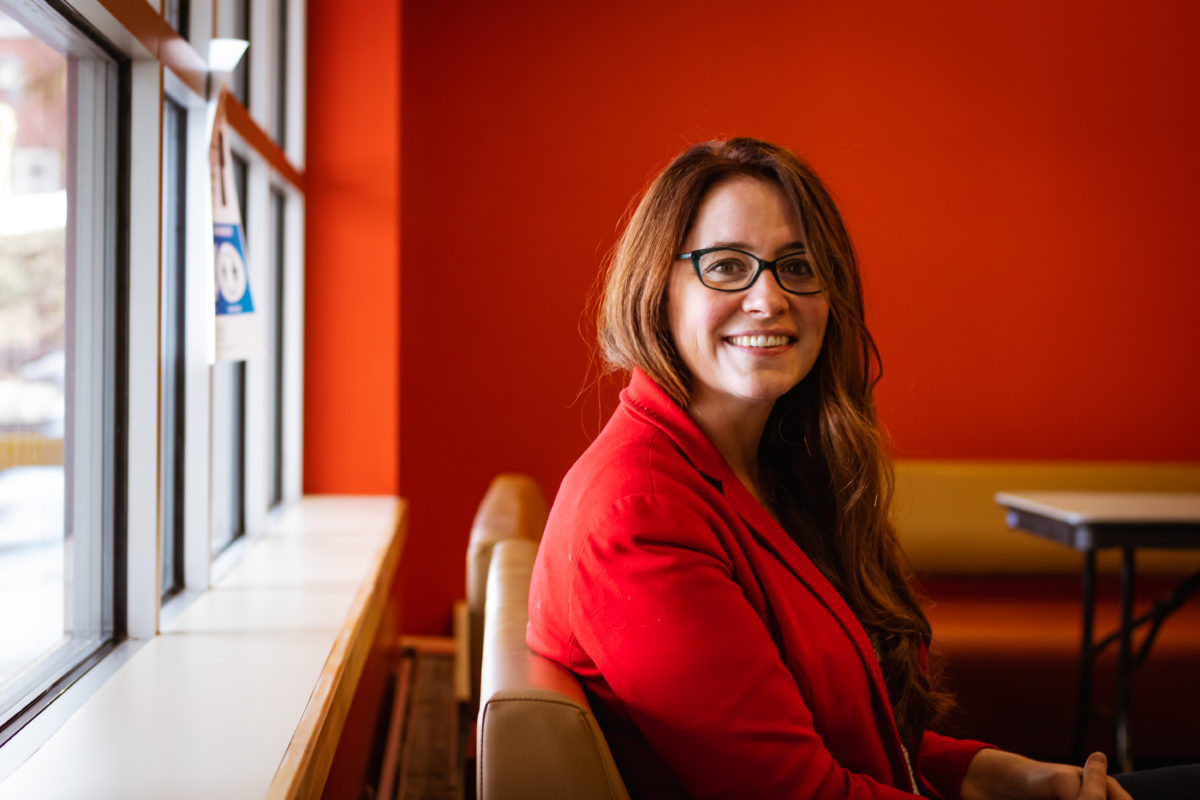
Karla O’Regan is a full-time professor of criminology and teaches a course called Feminist Legal Studies. She said it’s frustrating seeing how, sometimes, people prioritize her gender before her credentials.
“I can stand in the room, I have three law degrees, I’m there because I have expertise in that area, and yet I am evaluated first for how sexually attractive I might be,” she said. “Some students feel entitled enough to write about that on course evaluations.”
O’Regan said she’s been sexually harassed in every job she’s ever had. She said women have been telling these stories for hundreds of years.
“This entitlement that you feel … like it is your right to gaze upon me and sexually objectify me without my consent,” O’Regan said.
Still, she said she is optimistic about the future, especially because her students seem to be more conscious about the issues minorities face in their everyday life.
“What I have to say or what I might do is relevant in a way that is separate and apart from what my reproductive organs do.”
Fariba Solati (she/her)
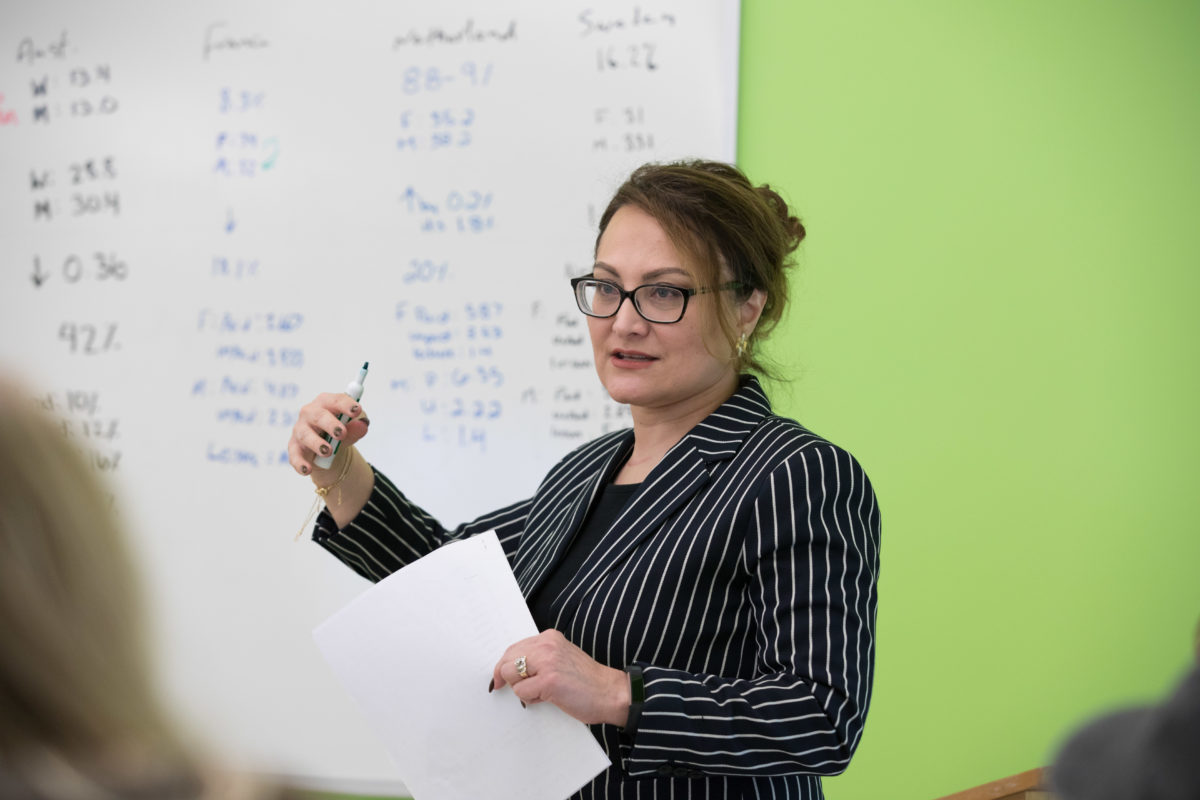

Fariba Solati is a professor of economics with a particular interest in including a feminist perspective into her field, which she said is often ignored.
“There is this hierarchy in economics such that if I talk about stock market volatility, I am a real economist, but if I talk about unpaid female work, I am not,” she said in an email.
Solati also said she faced adversities while studying in Iran, but she overcame them.
She said she was constantly reminded by the education system and society that her “real job” as a woman was to raise children and take care of others. She said she had to fight battles in order to go to university and finish her studies.
Solati encourages her students to study economics so they consider the input of women, a theme she explores in her book Women, Work and Patriarchy in the Middle East and North Africa.
“Economics desperately needs more diversity.”
Laura Levick (she/her)
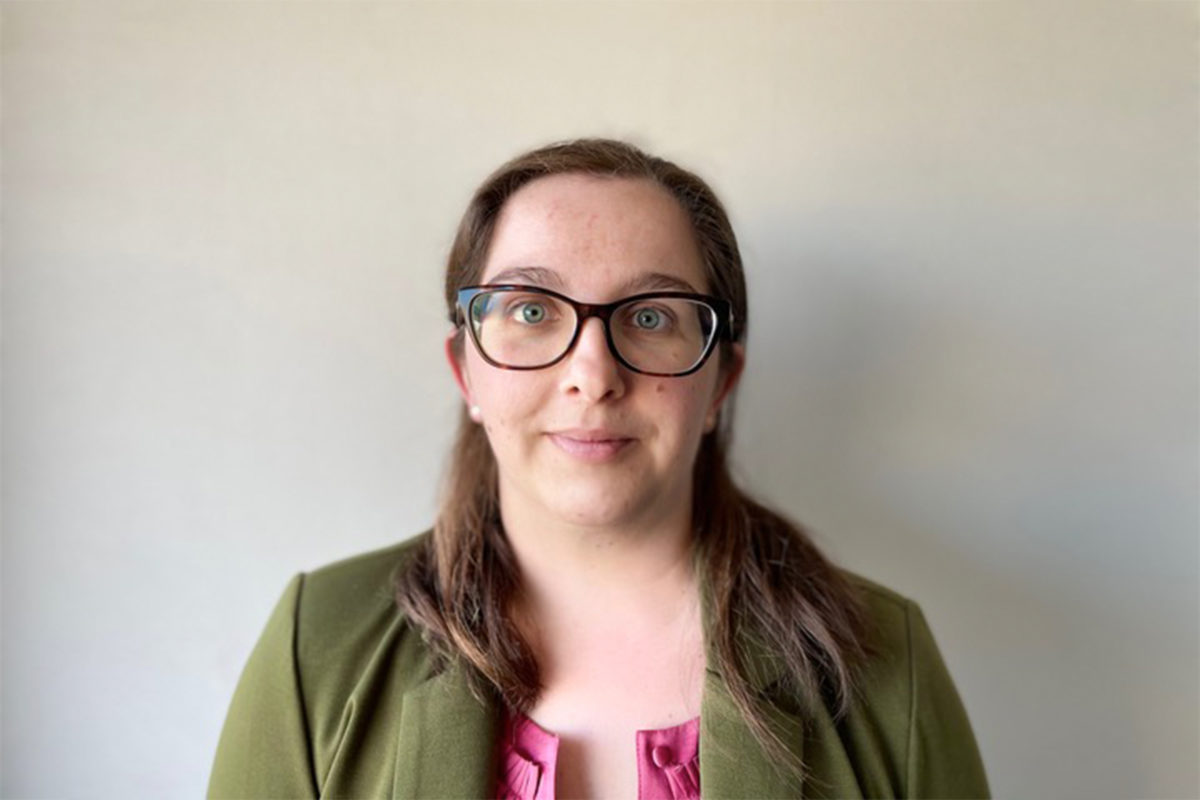

Laura Levick is a professor of political science, specializing in comparative politics. Throughout her lifetime, Levick said she has been lucky because she had plenty of female mentors, and now that she is an educator, she wants to do the same for her students.
“Mentorship is especially important for students who might not have a network of family or friends with university backgrounds whom they can approach for advice about things like course selection or applying to [graduate] school,” she said in an email.
Levick said in her field, there is an unconscious bias against female professors in teaching evaluations, which can affect their careers.
But she said the best way to overcome that bias is representation.
“I think it is very important for students to see themselves reflected in a diverse faculty. This is doubly true of political science, where we explore themes like power relations and social justice.”
Erin Fredericks (she/her)
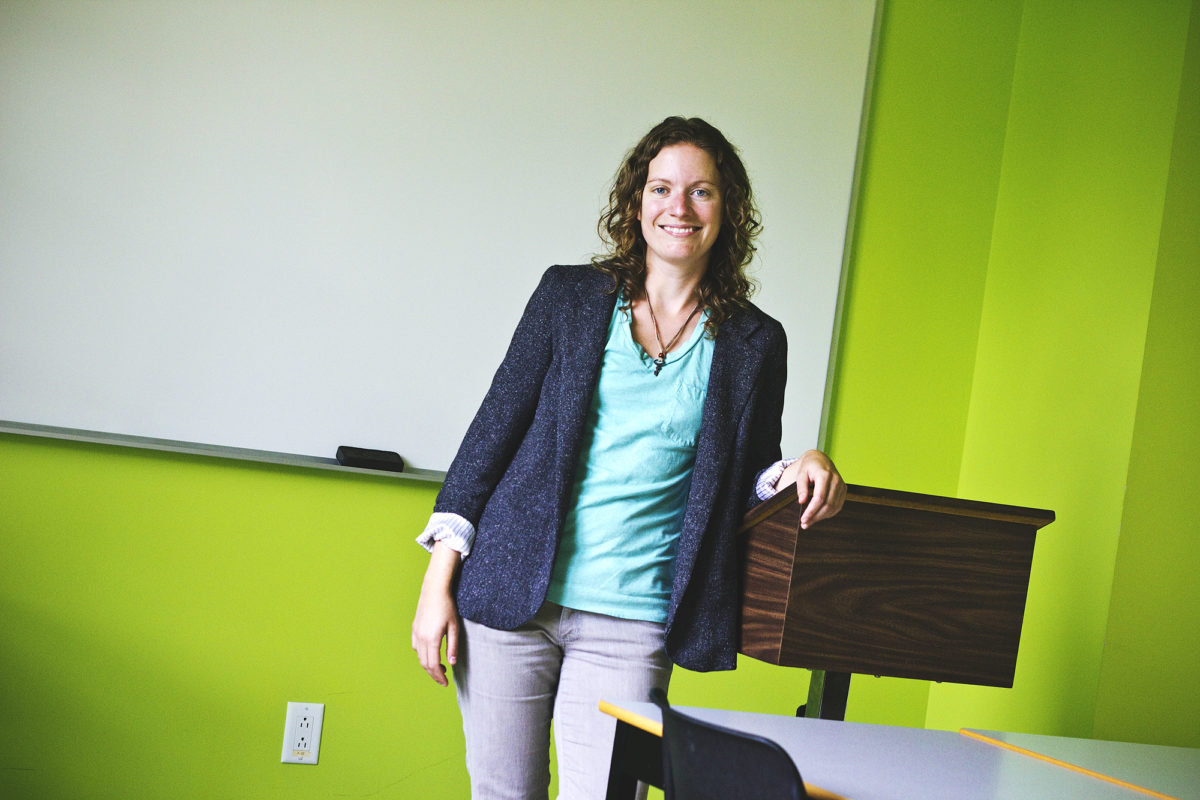

Erin Fredericks is an associate professor of sociology interested in topics regarding gender, disease, health and queer sociology. She admires how STU has created a safe space for women in academia.
She said female students shouldn’t have to imagine what it’s like to be an academic, they should see someone like them already there.
But she said there is still a lot of room to improve in terms of inclusion.
“We need to start thinking about the intersections of that with other identities,” said Fredericks. “What are we doing for women faculty with disabilities, what are we doing for [Black, Indigenous, people of colour] women? How are we including non-binary and trans people in our equity hiring practices?”
Janice Harvey (she/her)
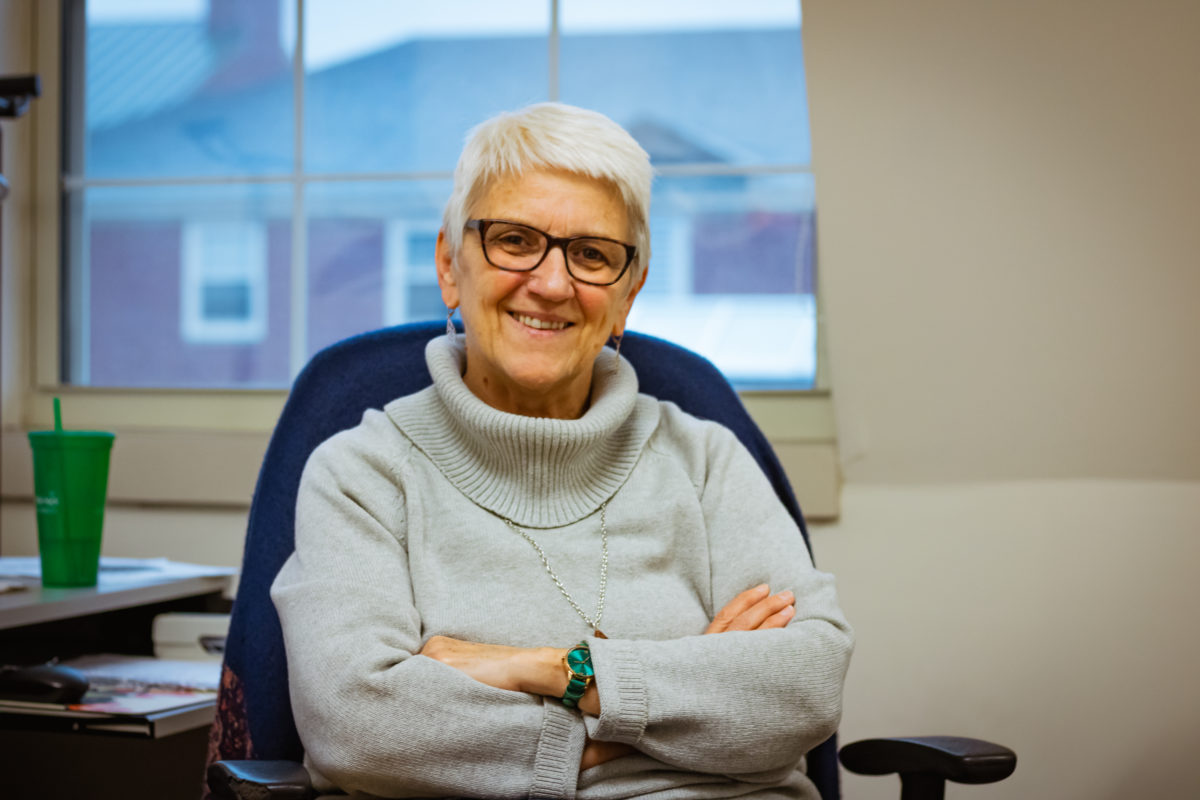

Janice Harvey is a part-time professor who teaches in the environment and society program. She noticed that, occasionally, students will undervalue her position as a professor and address her without the respect she earned in her field.
“I would say I have had experiences where male students in particular have taken liberties in terms of not addressing me respectfully,” she said.
She said she felt a lot of pressure to be overqualified, to compensate for a potential bias students might have against female professors.
“My overarching goal is to assist students to find their place in society as an active, engaged citizen.”
Angela Wisniewski (she/her)
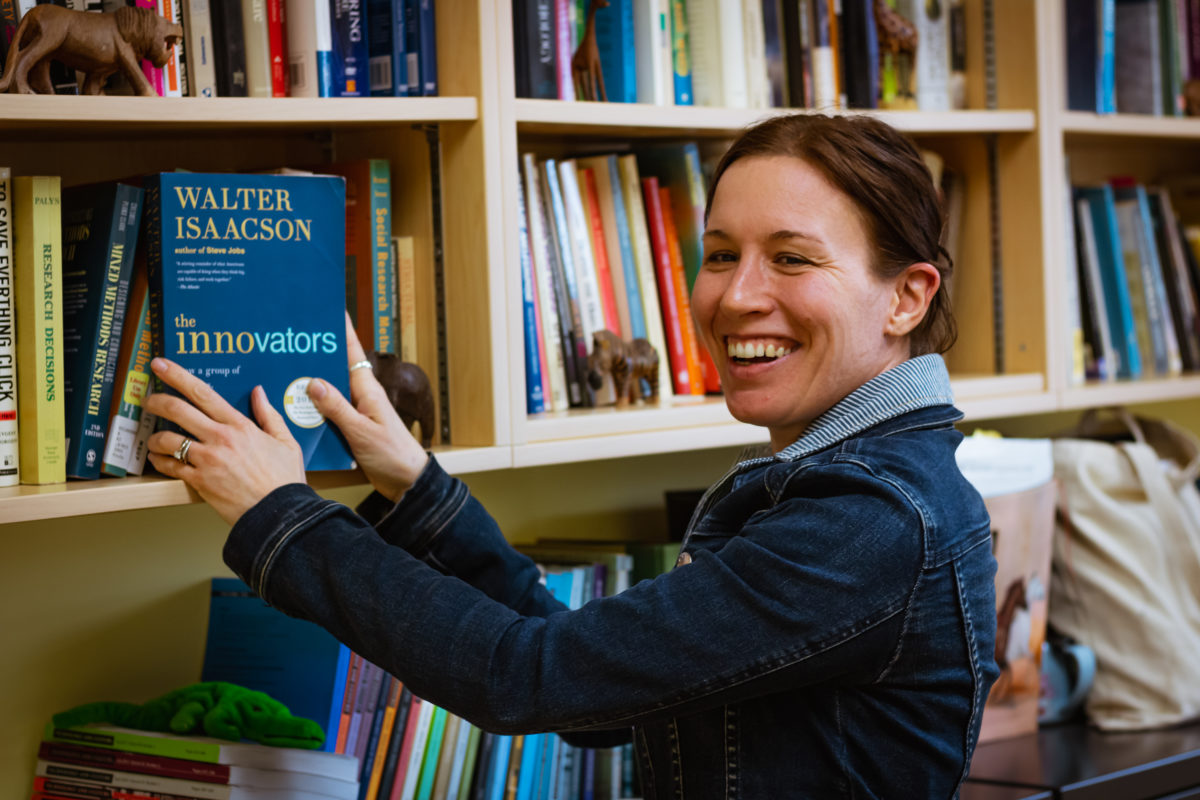

Angela Wisniewski is a professor who teaches in the science and technology studies program, where she discusses gender-related issues like how science, in many cases, has helped justify the exclusion of women from society.
“Social views are often reflected and, in some cases, reinforced in scientific knowledge itself,” she said.
She said different ideas from natural sciences were prominent throughout the medieval period, with them often premised on the idea that women were biologically inferior to men.
Wisniewski said she is familiar with people questioning the importance of her line of work, but she doesn’t let that discourage her.
“Other academics I’ve encountered in my career said ‘well, why don’t you study something different, something that people actually care about?’”
Monika Stelzl (she/her)
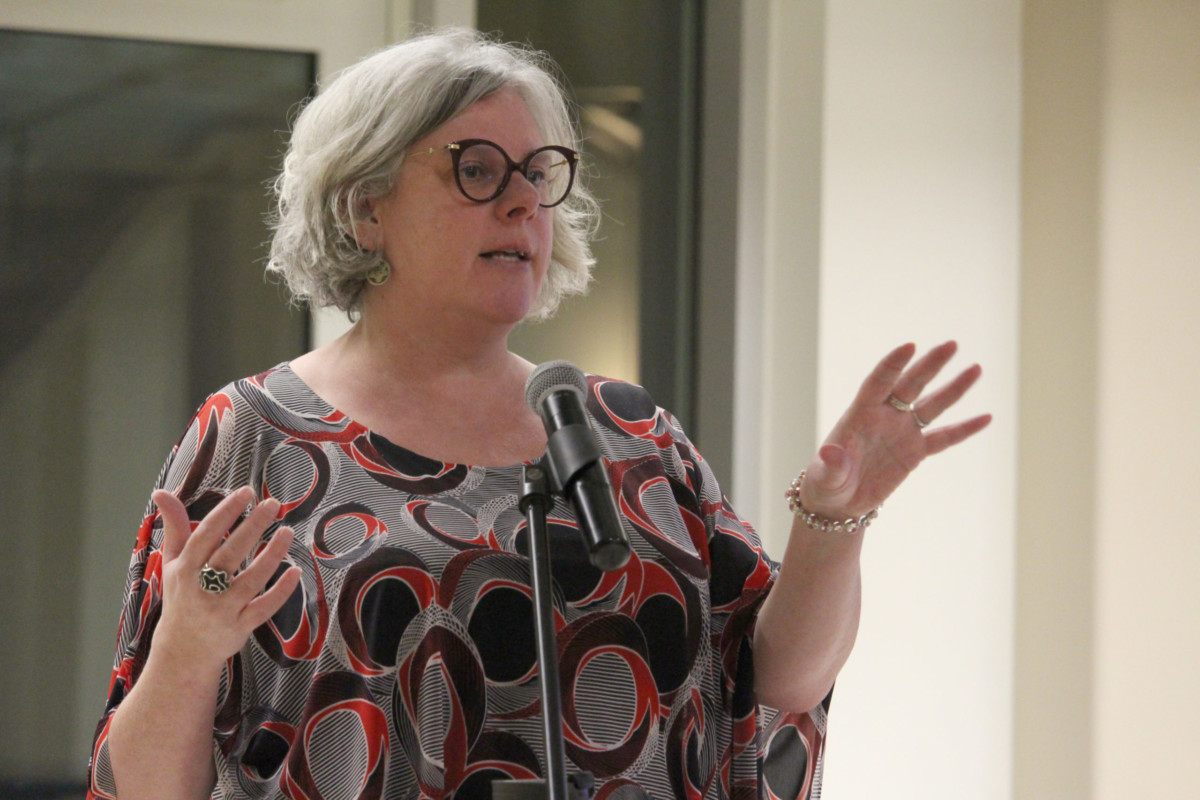

Monika Stelzl is a professor from the Czech Republic and teaches sexuality in the psychology department. When she was a graduate student expecting her second child, a faculty member told her that she would not be able to find success in her career while also being a mother.
“It made me angry because I think it speaks to the beliefs and barriers that women may face in terms of entering academia,” said Stelzl.
She said having a demanding academic job while being a mother was challenging at times.
Still, she said women shouldn’t be discouraged from becoming scholars, instead, everyone should work together to remove the barriers that still exist for women.
“It’s been such an honour to witness how [women students] own their own voices as emerging female scholars.”

